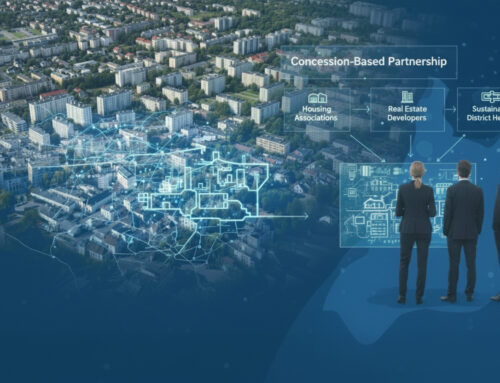Project Description
Partnership approach PPP (Public-Private Partnership)
Public-Private Partnerships (PPP) are a tried and tested model for the joint realization of large infrastructure projects by the public and private sectors. Especially in times of tight public budgets and complex technical requirements, PPPs offer an opportunity to efficiently bundle financing, planning, construction and operation.
In Germany, PPP models in the energy and digital infrastructure sector are gaining in importance: municipalities, municipal companies and cooperatives are increasingly relying on cooperation with experienced project developers and investors to accelerate climate targets, digitalization projects and location development.
Here are the specific challenges:
Developments and challenges
EXAVY services
EXAVY acts as a private project developer and operator in PPP models and provides the following services:



